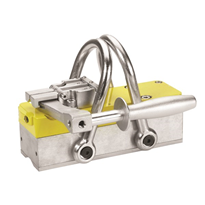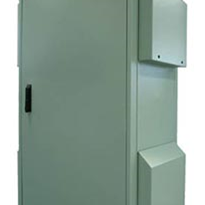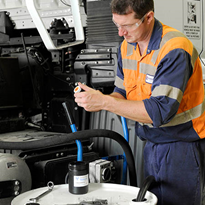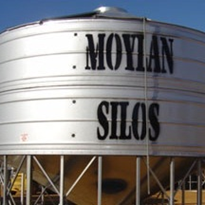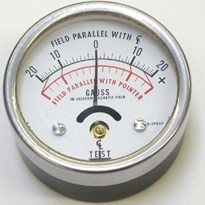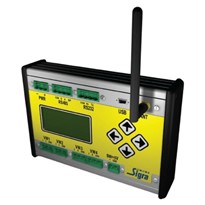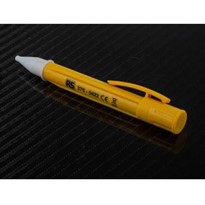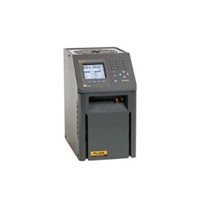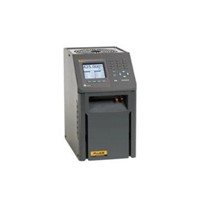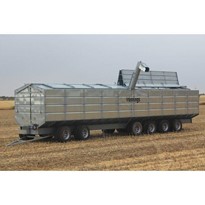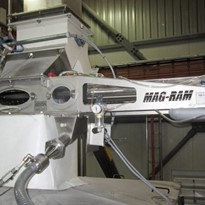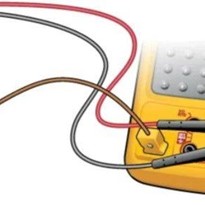Deep field (Passive Shunting) Lifting Magnets have been used for many decades in Australia. In the last ten years shallow field (Active Shunting) Lifting Magnets have been gaining in popularity.
To understand why, we need to look at the differences and what that means in the workplace.
Deep field magnets are generally durable robust pieces of equipment, but many people are not aware that they will only lift their advertised capacity at the depth of their magnetic field.
This depth varies between sizes. An average PML 500kg magnet has a 40mm deep field. This means it is only rated to lift 500kg if the material you are handling is 40mm thick. If the material is 20mm thick this 500kg magnet is rated to lift 350kg. A 1-tonne deep field magnet typically has a 60mm deep field, so on 20mm material thickness, it is rated to lift 350kg which is the same as a PML 500kg magnet.
A shallow field magnet rated to lift 400kg has a 12.7mm deep field so it can lift 400kg of 12.7mm material. When you are handling 20mm plate it is still rated to lift 400kg.
Interestingly, most deep field magnets are not rated to lift material less than 10mm thick while many shallow field magnets are rated on material as thin as 0.5mm thick.
So, what that means in the workplace when you are using deep field magnets, is there is more potential to mismatch the magnet to the load.
A mismatch like using a 1-tonne PML with a 60mm field to lift 15mm plate will result in the lever being very hard to actuate and very hard to turn off. The lever will be very forceful on release resulting in a risk of wrist injuries.
Furthermore, a calculation is required by the operator to ensure the magnet is rated to lift the material at the given thickness.
Using a shallow field magnet on material from 0.5mm to 25mm thick will ensure that the levers actuate in a gentle manner, reducing potential wrist injuries while reducing the risk of operator error due to misunderstanding their magnets capacity on various thickness’s.
At MSA we supply both types and are looking forward to offering advice on which type suits your requirements.


-720x400.jpg)
-720x400.jpg)
-720x400.jpg)

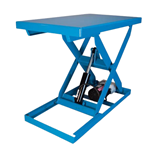
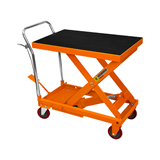


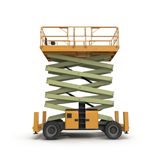
-160x160-state_article-rel-cat.png)


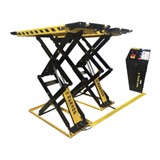

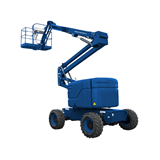

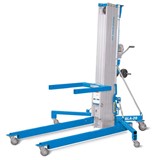
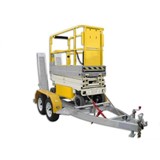

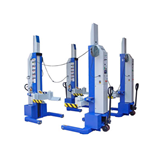
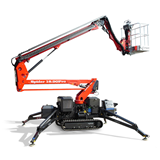

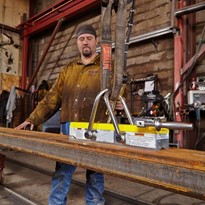
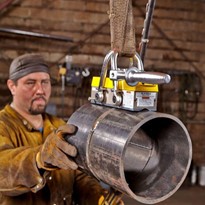
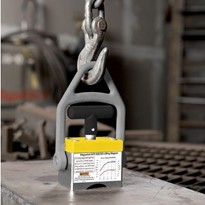
-205x205.jpg)
-205x205.jpg)
-205x205.jpg)
-205x205.jpg)
-205x205.jpg)
